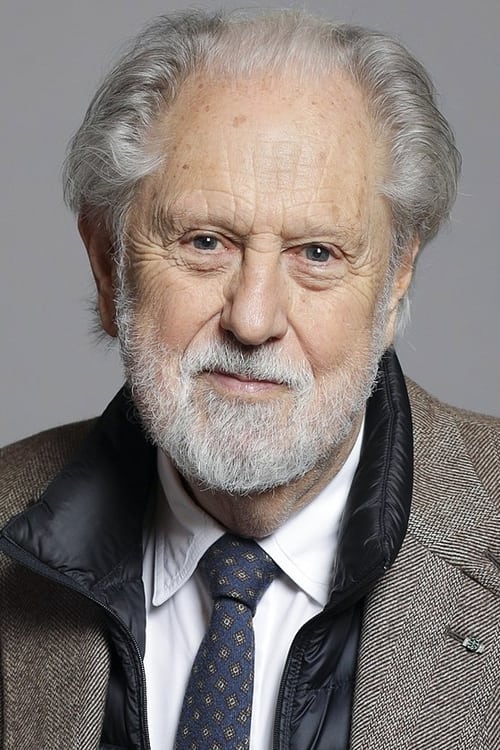David Terence Puttnam, Baron Puttnam, CBE, HonFRSA, HonFRPS, MRIA (born 25 February 1941) is a British-Irish film producer, educator, environmentalist and former member of the House of Lords. His productions include Chariots of Fire, which won the Academy Award for Best Picture, The Mission, The Killing Fields, Local Hero, Midnight Express and Memphis Belle. In 1982, he received the BAFTA for Outstanding British Contribution to Cinema, and in 2006 he was awarded the BAFTA Fellowship for lifetime achievement from the British Academy of Film and Television Arts.
Puttnam sat on the Labour benches in the House of Lords, although he was not principally a politician. In 2019 he was appointed chair to the select committee on democracy and digital technologies. The committee published its findings in its Digital Technology & the Resurrection of Trust report in June 2020.
Puttnam was born in Southgate, London, England, the son of Marie Beatrix, a housewife of Jewish origin, and Leonard Arthur Puttnam, a photographer. Educated at Minchenden Grammar School in London, Puttnam had an early career in advertising, including five formative years at Collett Dickenson Pearce, and as agent acting for the photographers David Bailey and Brian Duffy.
Puttnam turned to film production in the late 1960s, working with Sanford Lieberson's production company Goodtimes Enterprises. The first feature he produced was Melody (1971), based on a script by Alan Parker and which was a minor hit.
Puttnam and Lieberson produced the documentaries Peacemaking 1919 (1971), Glastonbury Fayre (1972), and Bringing It All Back Home (1972). Their second film, The Pied Piper (1972), directed by Jacques Demy was not a success, but That'll Be the Day (1973) with David Essex proved a hit.
Puttnam and Lieberson went on to produce The Final Programme (1973), a science fiction film, and made some more documentaries, these being Double Headed Eagle: Hitler's Rise to Power 1918–1933 (1973) and Swastika (1974).
Puttnam and Lieberson executive-produced the Ken Russell biopic Mahler (1974), and did a sequel to That'll Be The Day, entitled Stardust (1974) and directed by Michael Apted.
There were more documentaries: Radio Wonderful (1974), Brother, Can You Spare a Dime? (1975), James Dean: The First American Teenager (1975) and The Memory of Justice (1976).
A second film with Russell, Lisztomania (1975), was a box office disaster and led to the end of the Puttnam-Lieberson partnership.
Puttnam had a box office success with Bugsy Malone (1976), a musical he executive-produced, written and directed by Alan Parker, and produced by Alan Marshall. It was the last film Puttnam would make under the 'Goodtimes' banner. He went on to set up a new company, Enigma Films.
Puttnam produced The Duellists (1977), the directorial debut of Ridley Scott; and with Marshall once more, he produced Midnight Express (1978), directed by Parker from a script by Oliver Stone, and which was a notable box office success.
Puttnam made his first film in America, Foxes (1980), itself the directorial debut of Adrian Lyne. It was a box office flop. ...
Source: Article "David Puttnam" from Wikipedia in English, licensed under CC-BY-SA 3.0.
Academy Awards
Best Picture
Known For
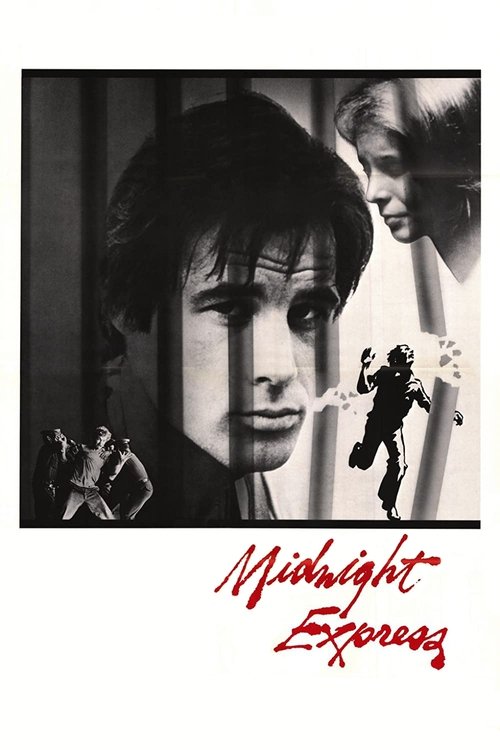
Midnight Express
(1978)
Producer
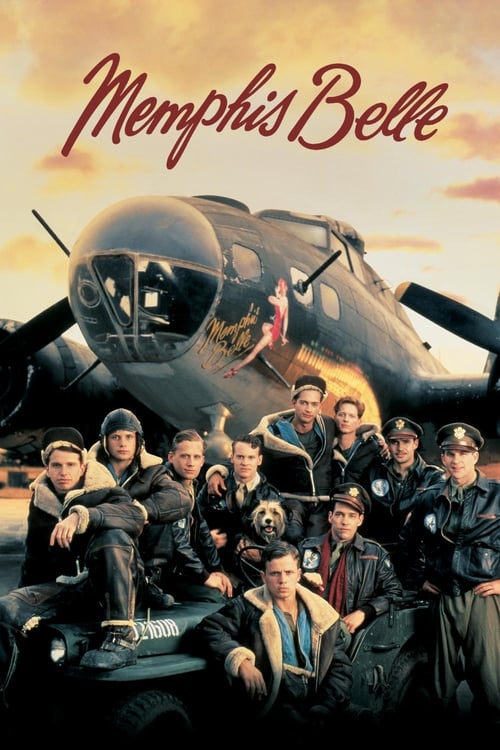
Memphis Belle
(1990)
Producer
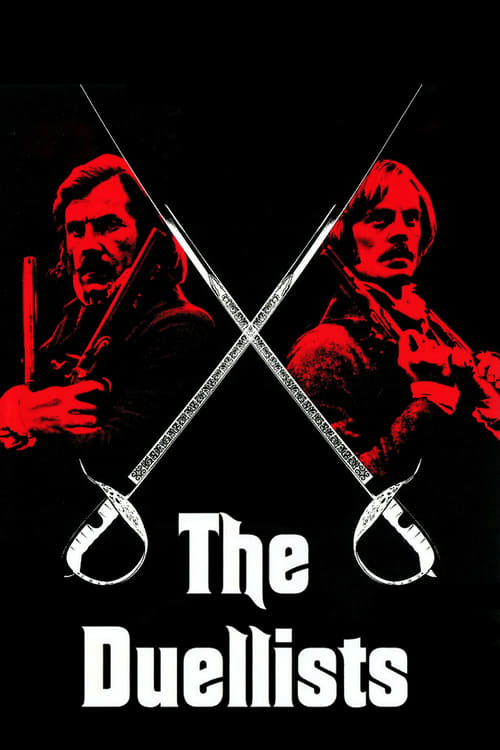
The Duellists
(1977)
Producer
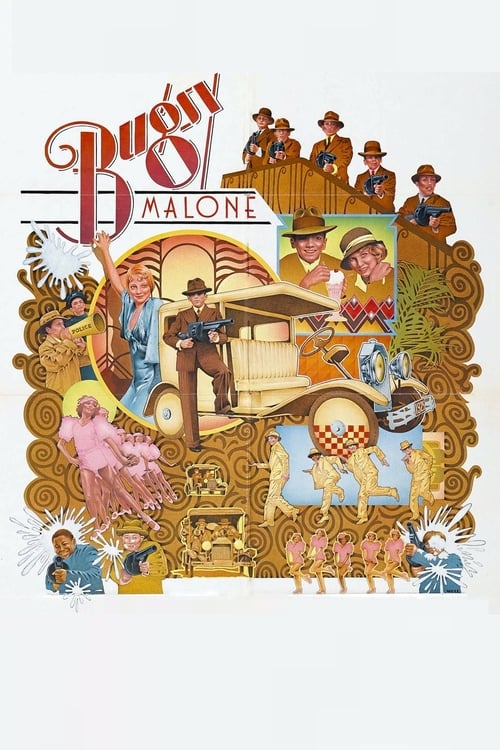
Bugsy Malone
(1976)
Executive Producer
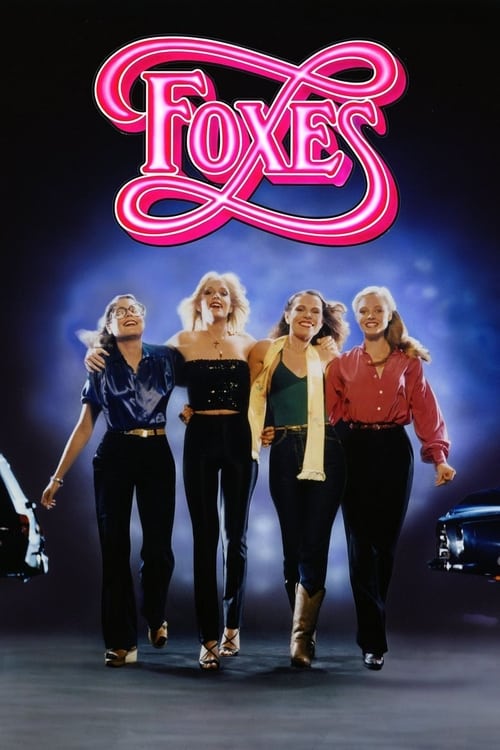
Foxes
(1980)
Producer
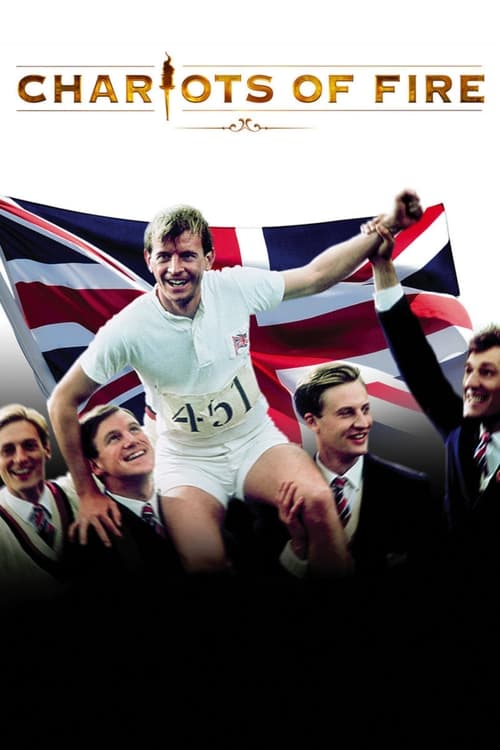
Chariots of Fire
(1981)
Producer
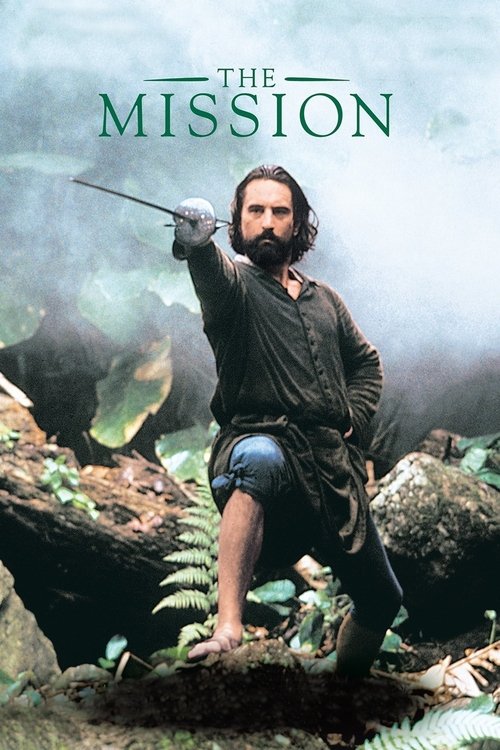
The Mission
(1986)
Producer
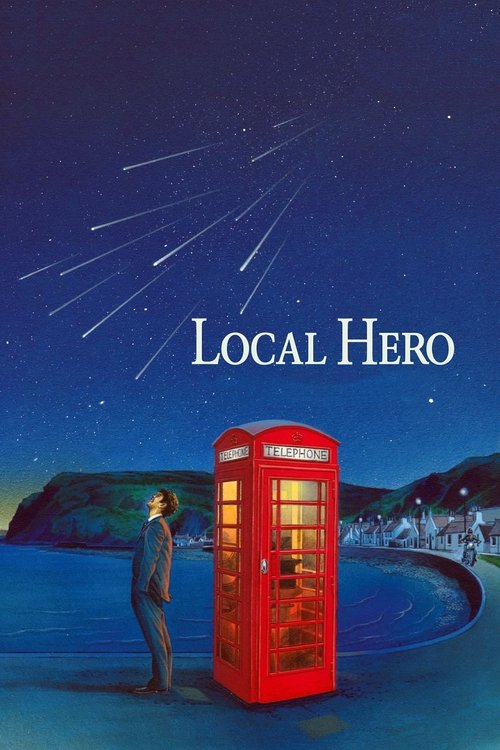
Local Hero
(1983)
Producer

The Killing Fields
(1984)
Producer
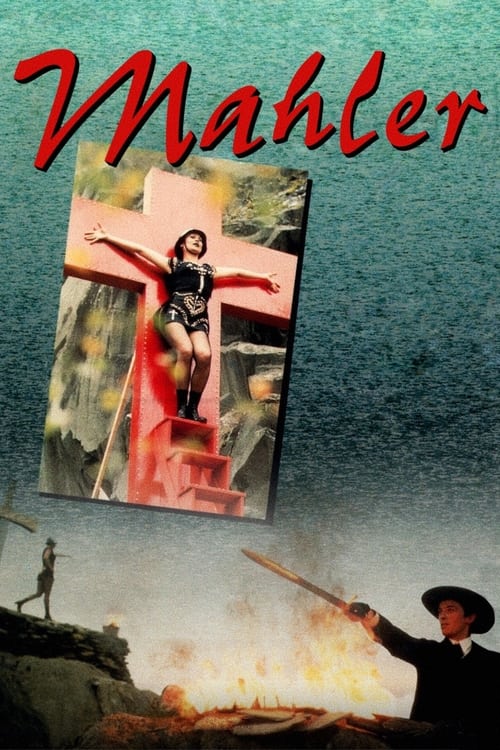
Mahler
(1974)
Executive Producer
Full Filmography
Production
Melody
(1971)
Producer
Glastonbury Fayre
(1972)
Producer
The Pied Piper
(1972)
Producer
That'll Be The Day
(1973)
Producer
The Final Programme
(1973)
Executive Producer
Stardust
(1974)
Producer
Mahler
(1974)
Executive Producer
Swastika
(1974)
Producer
Brother, Can You Spare a Dime?
(1975)
Producer
Lisztomania
(1975)
Producer
James Dean: The First American Teenager
(1975)
Producer
Bugsy Malone
(1976)
Executive Producer
The Duellists
(1977)
Producer
Midnight Express
(1978)
Producer
Foxes
(1980)
Producer
Chariots of Fire
(1981)
Producer
P'tang, Yang, Kipperbang
(1982)
Producer
Local Hero
(1983)
Producer
Secrets
(1983)
Executive Producer
Those Glory Glory Days
(1983)
Executive Producer
Red Monarch
(1983)
Executive Producer
Forever Young
(1983)
Producer
The Killing Fields
(1984)
Producer
Cal
(1984)
Producer
Winter Flight
(1984)
Executive Producer
Arthur's Hallowed Ground
(1984)
Executive Producer
The Mission
(1986)
Producer
Defence of the Realm
(1986)
Executive Producer
The Frog Prince
(1986)
Executive Producer
Memphis Belle
(1990)
Producer
Meeting Venus
(1991)
Producer
The Josephine Baker Story
(1991)
Executive Producer
Without Warning: The James Brady Story
(1991)
Executive Producer
A Dangerous Man: Lawrence After Arabia
(1992)
Producer
Being Human
(1994)
Producer
The Burning Season
(1994)
Executive Producer
The Confessional
(1995)
Producer
My Life So Far
(1999)
Producer
Acting
The South Bank Show: 'Local Hero'
(1983)
Self
"I Thought Maybe I'd Get to Meet Alan Whicker": A Conversation with Bill Forsyth
(1986)
A Turnip Head’s Guide To The British Cinema
(1986)
Self
Picture of Europe
(1990)
Self
Pontecorvo: The Dictatorship of Truth
(1992)
Self
Ennio Morricone
(1995)
Self
The Peculiar Memories of Bruce Robinson
(1999)
Self
Enya: A Life in Music
(2001)
Self
Fame, Fashion and Photography: The Real Blow Up
(2002)
Duelling Directors: Ridley Scott & Kevin Reynolds
(2002)
Self (archive footage)
Richard Attenborough: A Life in Film
(2014)
Self
Billy Fury: The Sound of Fury
(2015)
Self
The Genius of George Boole
(2015)
Self
My Generation
(2017)
Self (voice)
Who Killed British Cinema?
(2018)
Himself
Ennio
(2022)
Self
Crew
